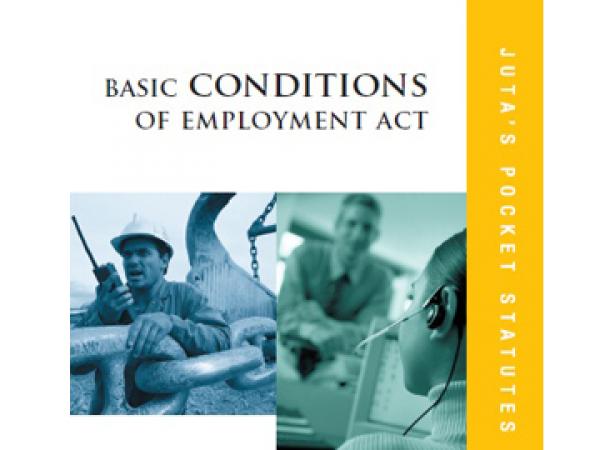Everything you need to know about the minimum wage

GroundUp sat down with Ingrid Woolard, Associate Professor in Economics at UCT and chair of the Employment Conditions Commission to talk about what goes into setting the minimum wage.
Please give us some background to the minimum wage in South Africa
There is no national minimum wage. The law allows the Minister of Labour to determine the minimum wage specific to a certain sector. In total, about 4.5 million workers have their minimum wage decided by this process, which is set out in the Basic Conditions of Employment Act. Workers can bargain for wages above this minimum wage. Domestic workers, for example, often earn wages higher than the minimum.
How does the minimum wage setting process work?
Before the minimum wage in a sector is changed, the Department of Labour writes a report based on public hearings, where employers and employees voice issues to be taken into account when deciding the minimum wage. This report goes to the Employment Conditions Commission (ECC), who use this report to decide on a decent minimum wage. The minister can only make a minimum wage decision on the advice of the ECC, but can ask the decision to be reevaluated if she is unhappy with it. The ECC is a board of typically five members. Three of these are government appointed, currently two economists and one lawyer. There is also always one representative for labour and one for business.
What does the ECC consider when advising a minimum wage?
The ECC need to follow the Basic Conditions of Employment Act when recommending a minimum wage. Specifically, they need to consider the report provided by the public hearing, the ability of employers to successfully carry on with business, the ability of employees to live off the wage set, alleviation of poverty and the impact of the new minimum wage on employment.
How often does the minimum wage change?
Minimum wages are normally revised every three years. They cannot, by law, be changed within 12 months of a previous change to the minimum wage. The minimum wage for farmworkers was increased to R69 on the 1st of March of 2012, so there was no way that the minister could lawfully change the minimum wage when farm workers began striking in November 2012 because 12 months had not yet passed. That is why the farmworkers’ minimum wage increase to R105 only took place on the 1st of March of this year. This highlights the importance of making the Act accessible to everyone in South Africa so that workers know how the process works and what is possible under the law.
How did the ECC decide on the newest R105 minimum wage set for farmworkers?
The R105 minimum wage for farmworkers was chosen based on a report by the Bureau for Food and Agricultural Policy (BFAP) commissioned by Agri SA. This report said that any minimum wage higher than R105 would have massive negative effects on employment. Even at R105 there could be employment effects and it’s still not very much for workers to live off. It’s all about balancing the things that the Act says that we need to consider.
What’s interesting about farmworkers is that they often get benefits from working on a farm other than their wages, for example accommodation, food or a farm school for worker’s children. If the accommodation provided is decent and has electricity and running water, farm owners can deduct 10% of their worker’s salaries for this. The problem is that those workers who don’t live on the farm have a much higher cost of living that they need to cover with their salary and are likely paying much more than 10% of their salaries for accommodation. They also need to pay the transport costs to and from the farm. These off-farm workers are therefore often much worse off financially than those living on-farm. There have however been reports of terrible living conditions for on-farm workers.
What are some concerns with this new minimum wage for farmworkers?
There are concerns that farmers will just retrench workers without trying to meet this wage. A lot of farm owners, especially in the Western Cape, have applied for an exemption from paying this minimum wage because they say that they can’t afford it.
View the Basic Conditions of Employment Act.

This article is licensed under a Creative Commons Attribution-NoDerivatives 4.0 International License.


